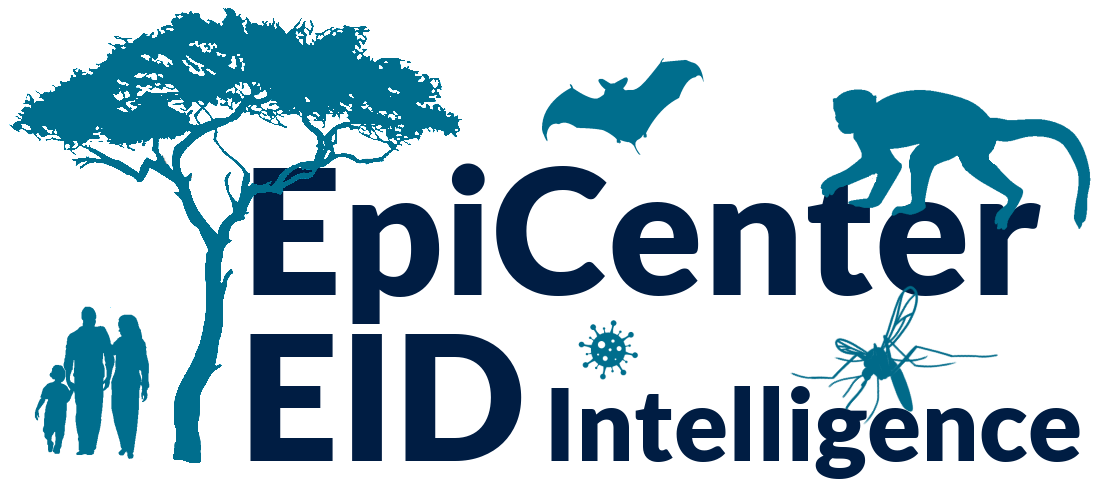Zoonotic Infection Diversity and Prevalence in Trafficked Primates
Photo Credit: P Mendoza/WCS
Wildlife trafficking creates unnatural conditions that support for intra- and inter-specific interactions that can lead to disease transmission and emergence.
A recent study, co-authored by EpiCenter scientist Dr. Marcela Uhart, focuses on the animal-human interface of primate trafficking in Peru, highlighting the risks of parasite spread and disease emergence in wildlife trafficking scenarios. As primate parasites can affect multiple hosts and many are zoonotic, this study demonstrates that these threats continue beyond the markets where wildlife is initially sold. Trafficked monkeys remain a reservoir for and contribute to the translocation of zoonotic parasites to households and other captive facilities when contact with humans is frequent.

